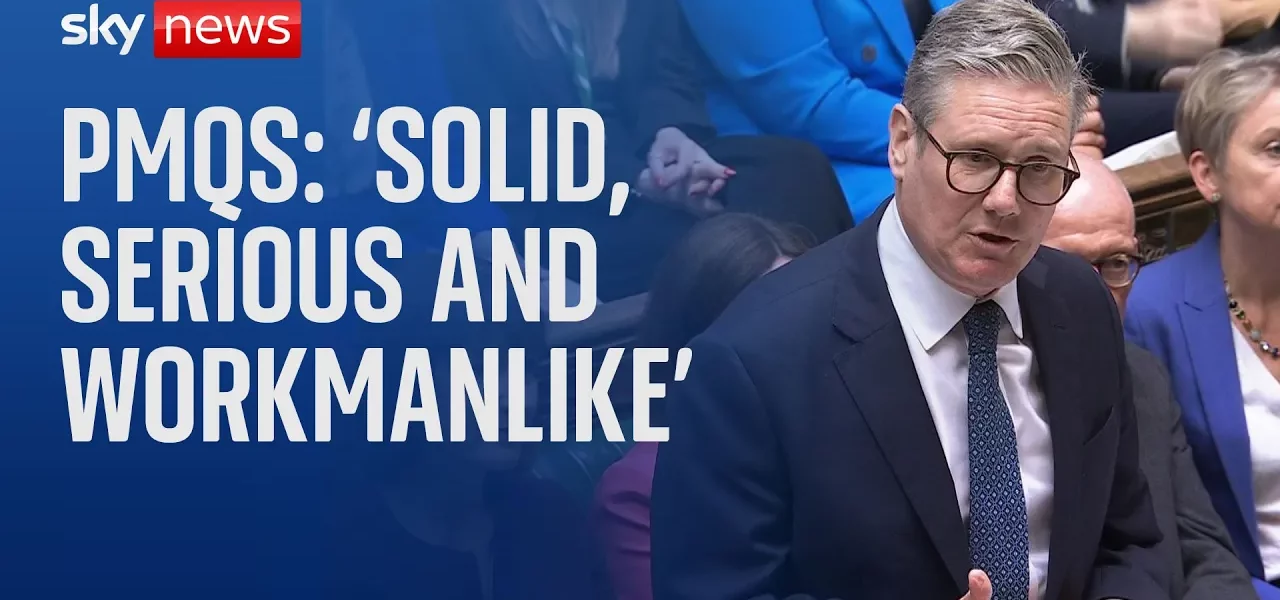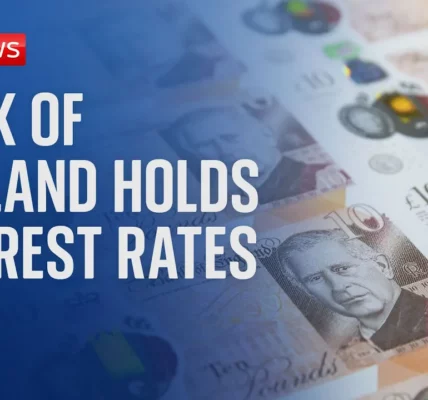Rishi Sunak’s Prime Minister’s Questions: An Analytical Overview

This article delves into the recent Prime Minister’s Questions led by Rishi Sunak, highlighting key themes such as foreign policy, unity, and the evolving dynamics within the opposition leadership. By examining the tone and content of the session, we gain insights into the current political landscape in the UK.
Introduction
The Prime Minister’s Questions (PMQs) session featuring Rishi Sunak marked a pivotal moment in UK politics, particularly in the context of ongoing foreign policy challenges and the leadership dynamics of the opposition. During this particular session, the emphasis on unity and collaboration was noticeable, especially regarding the UK’s stance on Ukraine. Sunak’s approach differed from typical partisan clashes, presenting an opportunity for deeper analysis of the implications for both the government and the opposition.
Key Themes from the Prime Minister’s Questions
1. Emphasis on Unity
During the session, the word “unity” was reiterated multiple times, indicating a deliberate strategy by Sunak. This focus can be interpreted as an attempt to foster a collaborative environment amidst political divisions. The significance of unity in political discourse cannot be overstated, especially in times of crisis.
2. Foreign Policy Focus: The Situation in Ukraine
Foreign policy, particularly concerning Ukraine, emerged as a cornerstone of the discussion. Sunak utilized this issue to bridge gaps between parties, highlighting the importance of bipartisan support in navigating complex international relations.
- Sunak praised Keir Starmer for his previous backing on issues related to Ukraine.
- He called for continued support from the new Prime Minister on foreign policy matters.
3. Transition of Leadership Styles
Sunak’s approach to PMQs contrasted sharply with the more aggressive tactics typically employed by opposition leaders. This transition reflects a strategic choice to prioritize calmness over confrontation, particularly as the Labour Party navigates its own leadership dynamics.
4. The Role of the Opposition
The opposition, led by Keir Starmer, also demonstrated a strategic shift. The tone of the session was less about direct confrontation and more about establishing a narrative around the challenges faced by the government.
- Starmer focused on presenting the argument that the current situation is worse than anticipated.
- He highlighted specific sectors such as prisons and care, emphasizing Labour’s critique of the government’s handling of these issues.
Political Implications and Future Outlook
1. Anticipated Debates on Economic Policy
As the political landscape evolves, economic policy is set to become a central theme in future debates. Labour’s position is predicated on the assertion that the current government has inherited a challenging situation, which they intend to leverage in upcoming discussions.
2. Internal Dynamics within the Labour Party
The dynamics within the Labour Party, particularly regarding leadership contenders, will play a crucial role in shaping the party’s approach to PMQs and other parliamentary engagements. The contrasting styles of various leaders can influence not only party unity but also public perception.
3. Potential Shifts in Strategy
As both parties assess the effectiveness of their respective strategies, we may witness a shift in tactics. Whether Sunak will maintain his collaborative approach or revert to more traditional confrontational methods remains to be seen.
Conclusion
The recent Prime Minister’s Questions session has highlighted significant themes in UK politics, including unity in foreign policy, the evolving tactics of the opposition, and the implications of leadership styles. As the political landscape continues to shift, it is crucial for both the government and opposition to adapt their strategies to effectively address the pressing issues facing the nation. For readers interested in deeper political analysis, consider exploring our related articles on Foreign Policy Challenges and Leadership Dynamics in the Labour Party.
“`




